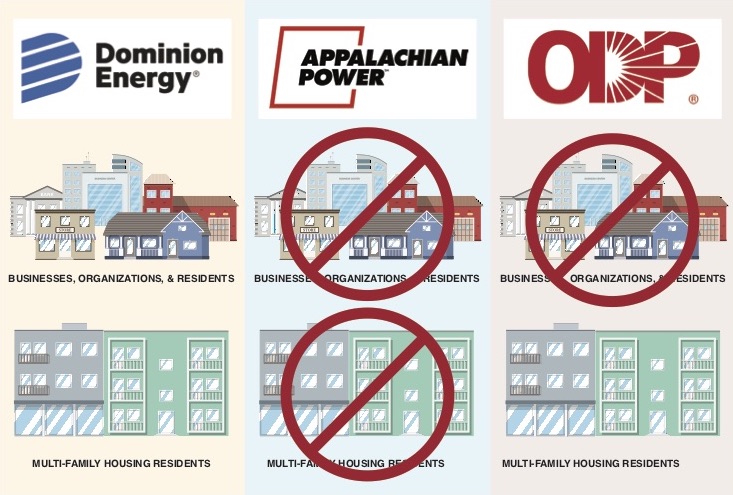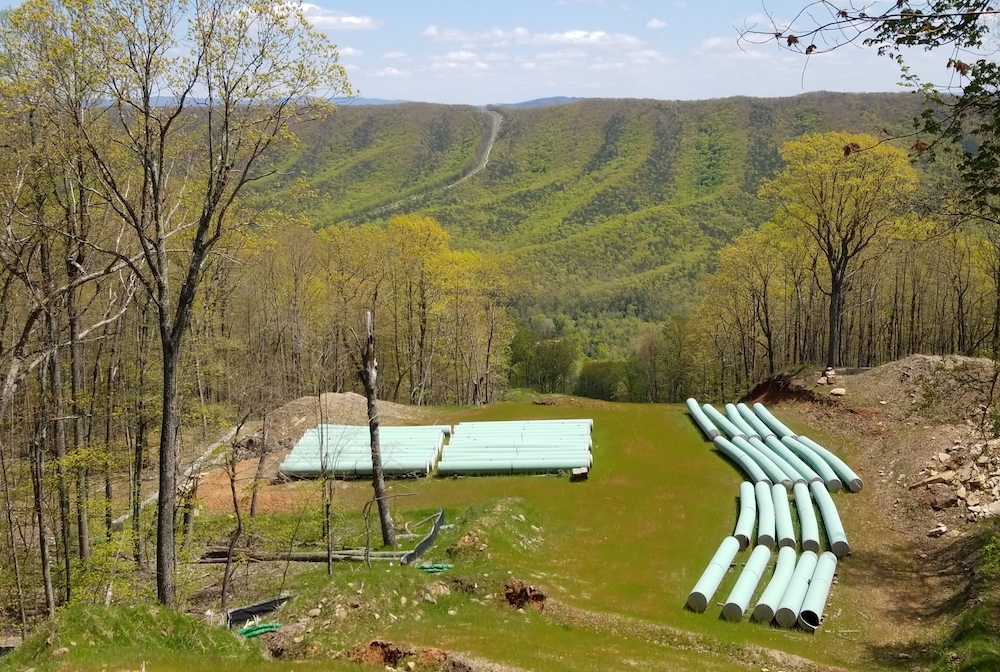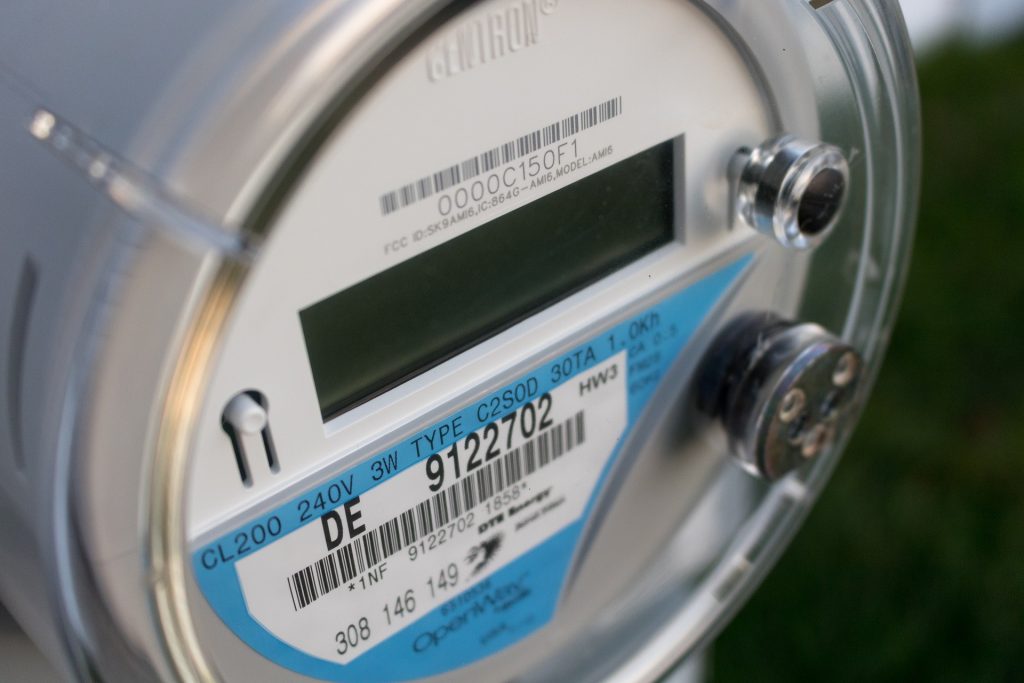The Energy Report
Creating a Future for Coal-Industry Workers in Clean-Energy Economy
Experts say that coal workers will need wage replacement and retraining to successfully transition to a clean energy economy.
Read MoreN.C. Legislators Release Controversial Energy Bill
N.C. House Republicans unsuccessfully proposed a bill after months of secret negotiations with Duke Energy and others that would have cleared the way for multi-year rate hikes, a massive build-out of natural gas infrastructure and more.
Read MoreAgencies Weigh Mountain Valley Pipeline Water Crossing Permits
The U.S. Army Corps of Engineers is expected to make a decision on a key Clean Water Act certification for the fracked-gas pipeline by the end of June as Virginia and West Virginia consider stream crossing permits.
Read MoreBringing Shared Solar to Southwest Virginia
Shared or community solar can be a good way to experience the benefits of solar without a high upfront cost. But customers of Appalachian Power in Southwest Virginia are still prohibited by state law from installing shared solar arrays.
Read MoreN.C. Upholds MVP Southgate Permit Denial
The N.C. Department of Environmental Quality again rejected a permit for Mountain Valley Pipeline’s proposed extension into the state. MVP also announced another delay and cost increase for the 300-mile fracked-gas pipeline.
Read MoreBlack Lung Benefit Fund Would See Major Boost from Change to Coal Tax
Changing the structure of a tax that funds federal benefits for miners could bring tens of millions of dollars annually to the cash-strapped Black Lung Disability Trust Fund.
Read MoreUpcoming Webinar: Environmental Justice on Western Indigenous Land
The Alliance for Appalachia is hosting a webinar on April 13 to bring solidarity and support to Hopi and Diné people who are facing similar mine reclamation issues in the West.
Read MoreN.C. Advocates Call for State Action on Rent, Utility Assistance
In March 8 letters to state officials, activists said that hundreds of thousands of struggling families in North Carolina will remain at risk of eviction and utility shut-offs if further action is not taken before the end of the month.
Read MoreResidents Near Trainyard Discuss Efforts to Study and Solve Coal Dust Problems
Regulators are installing air quality monitors in two Eastern Virginia communities that have been beset by coal dust from a Norfolk Southern railyard for years.
Read MoreReport: WV Shift to Renewable Energy Could Lower Bills, Boost Economy
West Virginia could move away from coal and generate more than 70% of the state’s electricity using wind and solar power by 2035, according to a new report.
Read More









